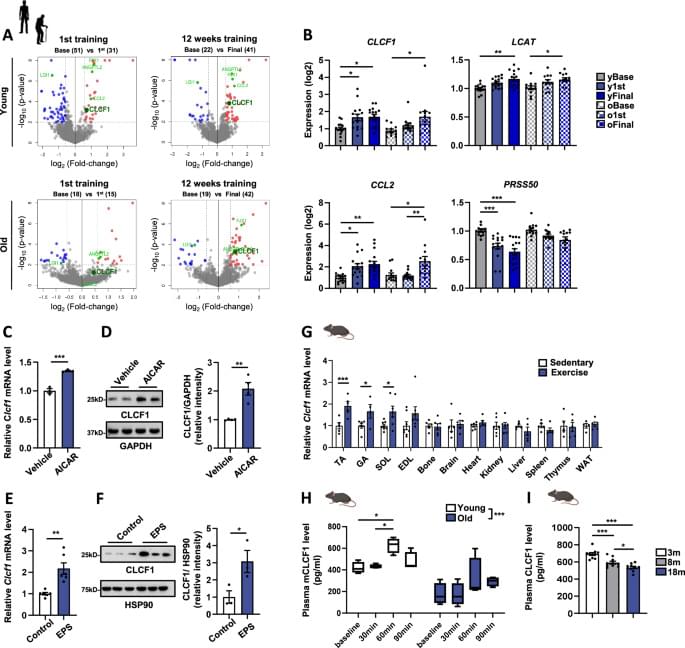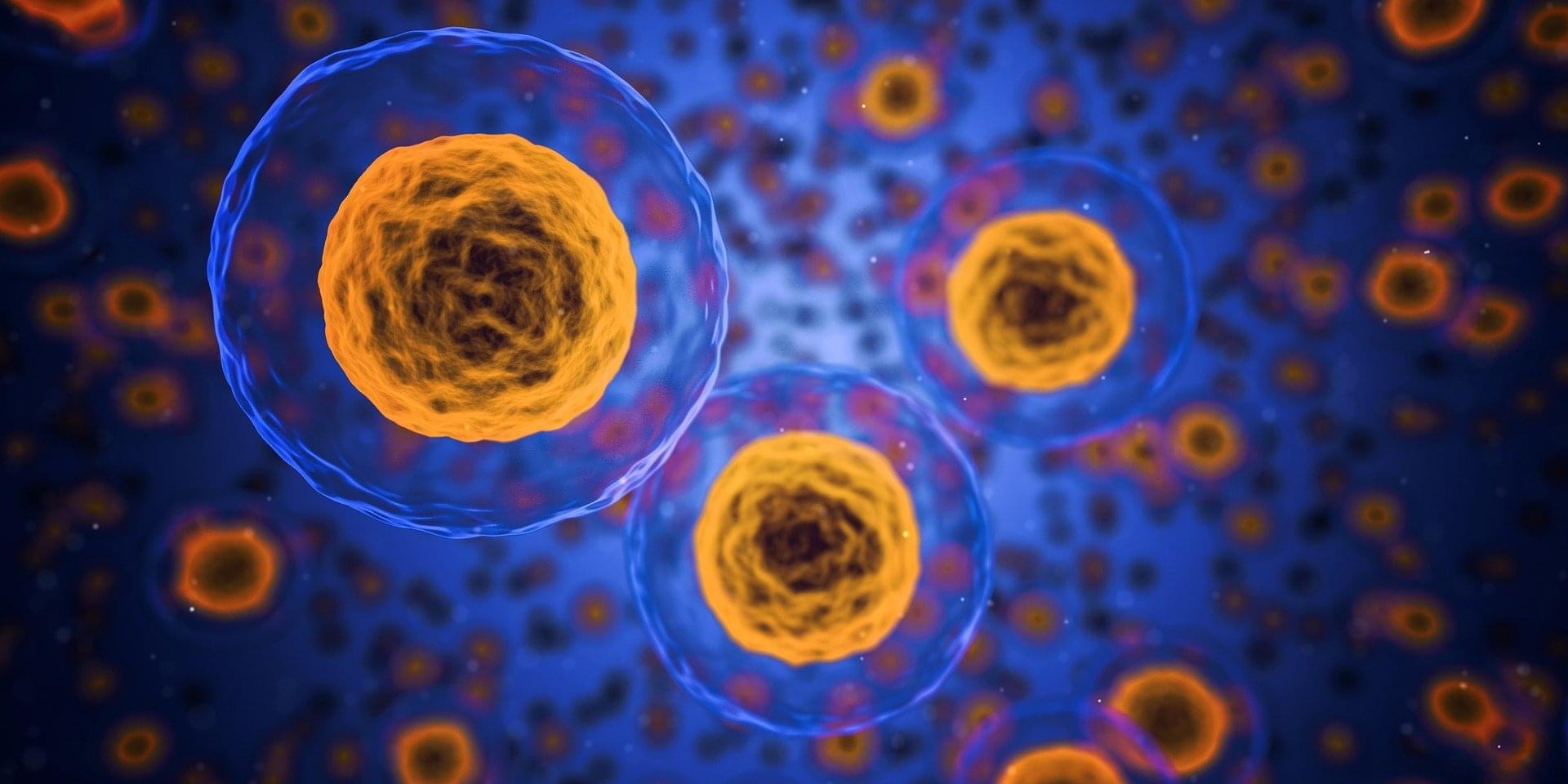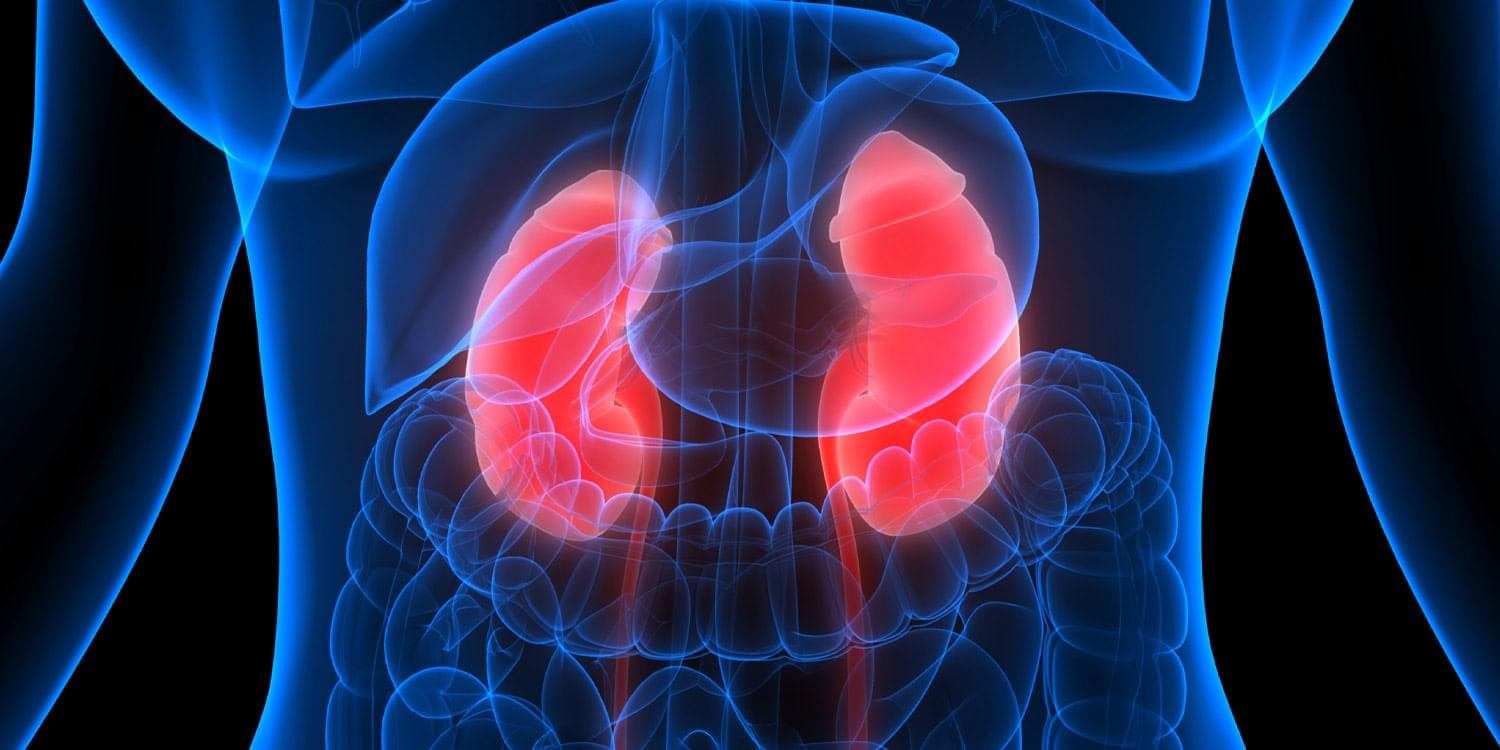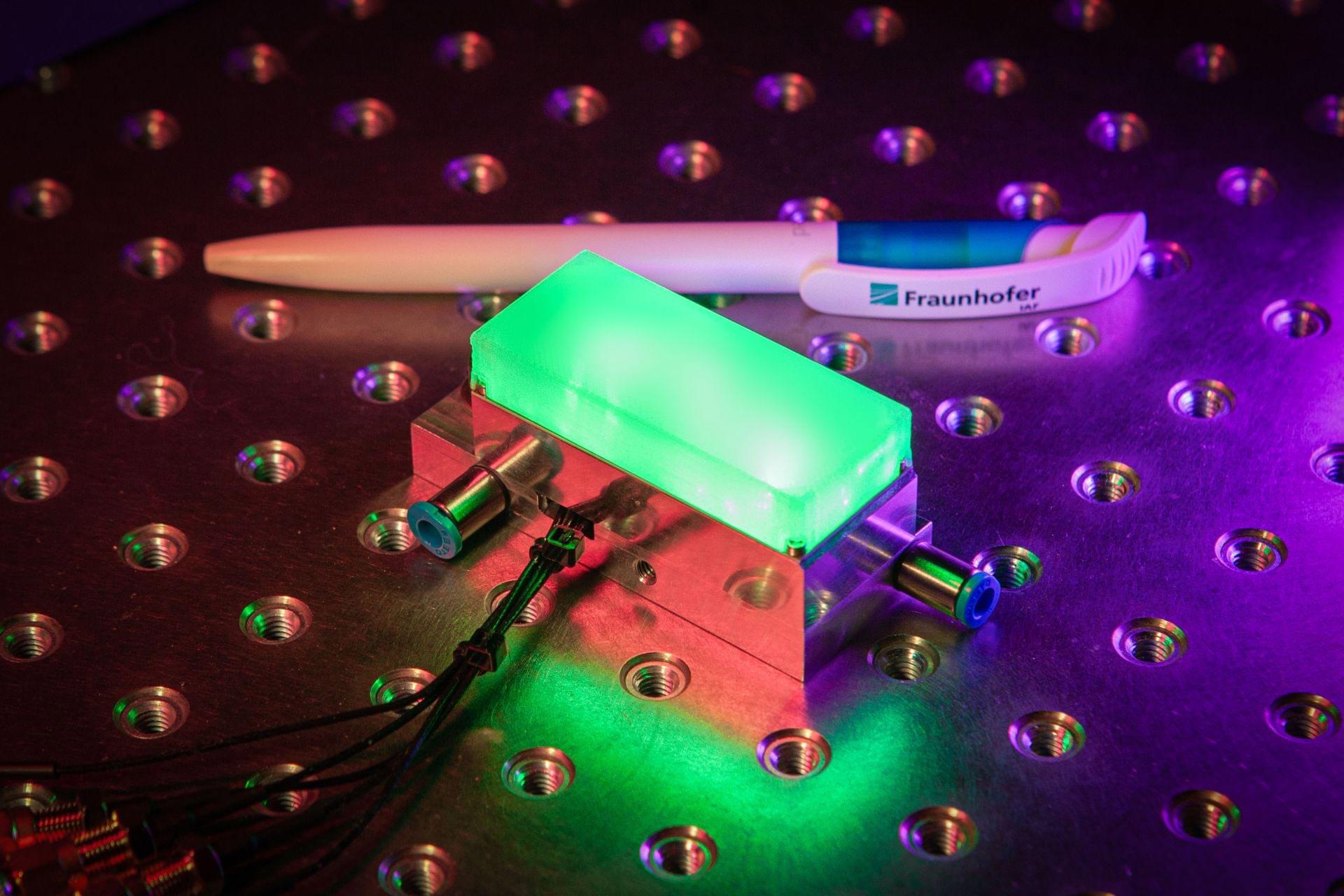How everyday supplements might be quietly disrupting your hormones, and what to use instead






When we think about the future of our communications, we rarely imagine that it could be hidden in the intricacies of the infinitely small. Yet, it is there, among frisky photons, that the next digital revolution could take shape. A simple photon, teleported from one point to another across the globe via the Internet, opens up dizzying horizons. Who would have thought that the key to our future exchanges would lie in an elementary particle, capable of challenging everything we thought we knew about information transmission?
Researchers at Northwestern University have recently achieved a major milestone in the field of quantum physics. They have succeeded in teleporting a photon over a distance of 30.2 km through an Internet network. This feat, once confined to the realm of science fiction novels, represents a significant advance in exploring the possibilities offered by quantum entanglement. With this accomplishment, the foundations of a future global quantum network seem to be rapidly approaching.

Watch Herbert take one of the very FIRST EVER rides on a Tesla Robotaxi in Austin. Herbert was one of a handful of people to be selected as Early Access User…

A team of international researchers led by scientists at City of Hope provides the most thorough account yet of an elusive target for cancer treatment. Published in Science Advances, the study suggests a complex signaling process involving paxillin, a focal adhesion protein that acts as a hub to connect with other proteins, may be vulnerable to therapy despite its fluid state.
“Disrupting the interaction of paxillin with focal adhesions bears direct relevance in cancer treatment,” said Ravi Salgia, M.D., Ph.D., the Arthur & Rosalie Kaplan Chair in Medical Oncology at City of Hope’s comprehensive cancer center. “This can lead to precision therapeutics targeting a specific paxillin function that is dominant in cancer cells, but less prevalent in healthy cells.”
The research adds important new details on a hard-to-characterize network of cellular proteins. Dr. Salgia and his team looked closely at paxillin, which prompts cells to change in response to the environment. This helps cancer cells to evolve and evade detection, while also causing resistance to treatment. Dr. Salgia and his team have been working on elucidating the function of paxillin for over three decades. He and his colleagues were the first to clone the full-length human gene in 1995 at Harvard.

